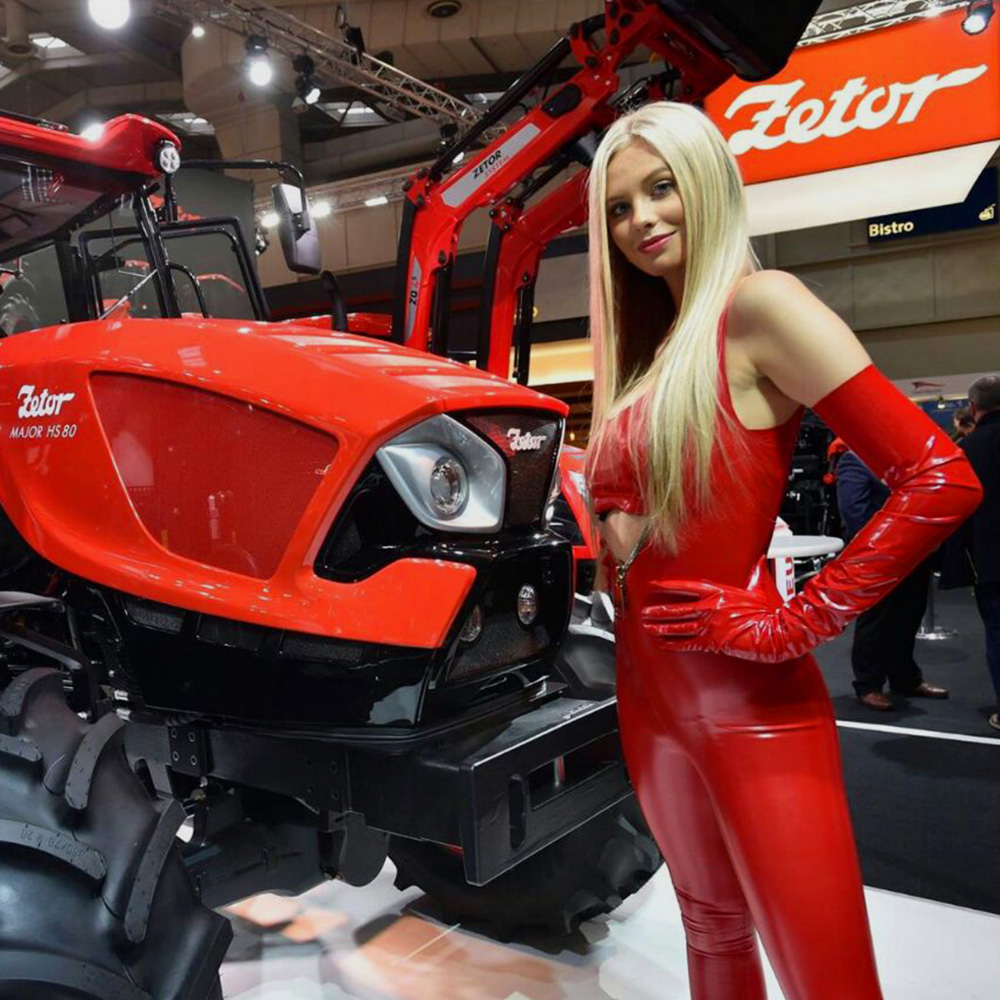Agri Business
„If you want to get to the source, you have to swim against the stream.“
(Hermann Hesse)
„If you want to get to the source, you have to swim against the stream.“
(Hermann Hesse)
Corni Corni Corn
First of all, we love corn. And there are several reasons for.
We are living in times of climatic change with increasing extreme weather conditions, which not only include heavy rain falls but also severe periods of drought and heat waves. 2018 and 2019 have been the driest years since the beginning of weather recording and 2020 was another dry year. Accordingly, we are constantly facing new challenges, including our field cultivation.
Especially in dry and hot conditions, C4 plants such as corn are able to generate higher biomass yields than C3 plants through efficient water utilization. This is made possible by an advantageous mechanism for binding carbon dioxide (CO2). 90% of all plants worldwide are C3 plants, including wheat, rapeseed and rice. Only 3% are C4 plants, but they account for around 25% of the photosynthesis output.
Plants react to heat and drought by closing their stomata to prevent water loss in the form of transpiration. However, this simultaneously leads to lower CO2 absorption and thus to lower photosynthesis performance. C4 plants - especially corn - can efficiently fix CO2 even at higher temperatures.
The advantage of C4 plants is that they provide an increased CO2 concentration. Corn can also produce more biomass than C3 plants can under the same conditions. Another parameter is the leaf area index (LAI). As leaf area and ground cover increase, less water evaporates from the soil surface. This means that corn is also cheaper in terms of water consumption than other crops. In addition, corn has fewer demands on the soil than, for example, wheat or sugar beets. It needs warmth, ideally soil that heats up quickly, some nutrients and water.
Therefore corn is a perfect match for our dry, poor, sandy soils. Corn is our absolute preference in the agribusiness and will remain so. Grain corn in particular, in which the majority of the plant remains on the field as corn stalks and humus, is the optimal solution for an economic and ecological win-win situation.




